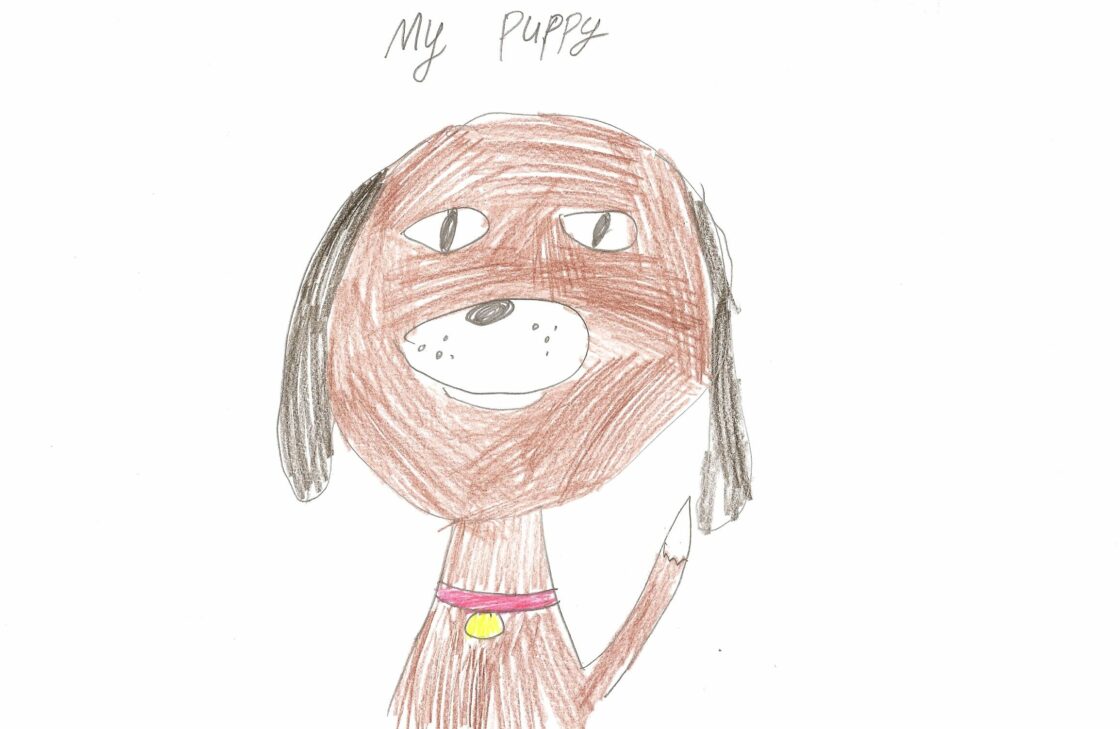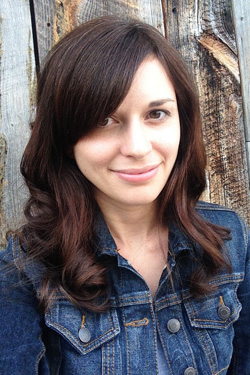Comics for People Who Can’t Draw!
with Aubrey Hirsch

September 10, 2025
Length: 6 Weeks
Open to AllText and Live Video
Zoom calls Thursdays 7-9pm Eastern
$445.00
Comics are great! They’re enjoyable to make, quick and easy to read, and people love to share them. Comics can be a great way to inspire emotions and offer information to a reader in an accessible and inviting way. But when I talk to writers who are interested in comics, they often point to the same roadblock that keeps them from experimenting with this fun and innovative form.
“But,” they say, “I can’t draw!”
I’m here to tell you that your fine art skills have very little to do with your aptitude for making comics. And how you (yes, YOU!) can make comics without any drawing ability at all.
In this class, we’ll look closely at work from lots of different comics creators from stick figures to clip art and everything in between. We’ll also talk about the fundamentals of using art as communication and identify and practice ways you can leverage what you have to create a readable style that’s uniquely yours. We’ll write and share our own original comics in weekly workshops to identify strengths we can build on, and offer each other advice for the journey ahead.
Students will read published comics, participate in focused discussions on the craft of sequential art, complete short generative assignments, and submit their own work for workshop. We’ll end with a conversation about finding markets and submitting and publishing our comics.
This Course is For:
Anyone with an interest in comics! No special equipment or drawing skills are required. You’ll have an opportunity to practice fiction and nonfiction comics and comics journalism.
Learning and Writing Goals
Learning Goals
In this class, you will:
- Gain an understanding of the fundamentals of sequential art.
- Learn how to turn your ideas into compelling visual stories, essays or reported pieces.
- Grow your skills as a reader for craft and as an editor of your peers’ work.
- Strengthen your revision practice.
- Understand how to find markets for your comics, how to pitch ideas to editors, and how to prepare and submit your work for publication.
Writing Goals
In this class, you will:
- Write two new, finished comics.
- Generate drafts and ideas for future graphic narratives.
- Develop your revision skills with feedback from your peers.
Zoom Schedule
Beginning September 11th, we will meet via Zoom on Thursdays from 7-9 PM Eastern.
Course Expectations
Students will be expected to read several published comics to prepare for class discussion each week and to complete short, generative exercises to practice elements of craft. Students will also submit their original comics for workshop and provide written and verbal feedback on their peers’ work.
Weekly Syllabus
Week 1: Introductions and Expectations: What Does Drawing Have to Do With Making Comics?
We’ll identify the main goals of creating successful comics, review and discuss some examples together, and jumpstart our brains with several generative comics exercises designed to help us spark ideas and get to know each other!
Assignment: Write a short, four-panel comic about something that obsesses you.
Week 2: Less is More: Scripting and Thumbnailing
When we meet, we’ll discuss the construction of assigned comics. How many panels are there and how are they laid out? About how many words are in each panel? Which is driving the comic more: the images or the words? How are they working together to create meaning? Where do they overlap, and where do they work separately?
Assignment: For your craft assignment, please take some time to look through several of Alex Norris’ “Oh No!” comics. Then, make an “Oh No!” comic about something from your own experience.
Week 3: A Study in Genre: Comics Journalism, Memoir, and Stories
This week, we’ll look closely at one comic in each major genre – memoir, journalism and fiction. You will learn the elements of each genre and practice writing your own.
Assignment: For your craft assignment, take a look through the “depths of wikipedia” instagram account. Find a topic that interests you and adapt the initial paragraph of text into a short comic (4 panels or less).
Week 4: Avoiding the Problem Altogether: Clipart and Stick Figures
This week we’ll look at what some other creatives have done to avoid the “drawing problem” altogether! You’ll read assigned comics and we’ll consider: How you respond to each of the pieces? Think about the work that went into crafting them. What do you imagine the process was like? What artistic skills, other than drawing, are being employed here?
Assignment: For this week’s craft assignment, I want you to make a comic with no original drawing. You can take photographs, cut images out of books or magazines, or use work already available in the public domain or under creative commons licenses. Feel free to be creative and surprise us with unexpected visual media!
Week 5: Using What You Have: Style and Color
This week, we’ll how style and color are used to tell a story through comics. I’ll assign example comics for you to read before class. When we meet, we’ll discuss: The style of each of these artist, how they use color, space and panel layout, and how style can be used to provoke emotions in readers.
Assignment: This week, I want you to think about *your* style. How might someone else describe it objectively? Create an illustration or a short comic in your signature style.
Week 6: Submitting and Publishing: A Practical Guide
To wrap up the course we’ll talk a bit about sharing our comics and the business side of creating comics: submitting to magazines and journals, finding editors and agents to work with, writing query letters, contracts, etc. We can also talk about platform-building, branding, social media, work-life balance, and anything else that’s on your mind as you think about life beyond the workshop!
Why Take a Comic Strip Writing Course with Writers.com?
- We welcome writers of all backgrounds and experience levels, and we are here for one reason: to support you on your writing journey.
- Small groups keep our online writing courses lively and intimate.
- Work through your weekly lectures, course materials, and writing assignments at your own pace.
- Share and discuss your work with fellow writers in a supportive course environment.
- Award-winning instructor Aubrey Hirsch will offer you direct, personal feedback and suggestions on every assignment you submit.
Student Feedback for Aubrey Hirsch:
The course was clear, informative and inspiring. I especially liked the exercises Aubrey shared, and the fact that she did them along with us. Aubrey was smart, friendly and encouraging. Teresa Wong
Ms. Hirsch was an outstanding teacher. The characteristic of hers that left the biggest impression was her generosity. She was open to sharing both her positive and negative experiences, and offering her comments on anything we had to share. She is also a technical expert and shared that expertise with us to help us build our skills. Her teaching skills, communication, skills, and technical skills were a great combination and made the class an excellent experience. Glenn Nicol
September 10, 2025
Length: 6 Weeks
Open to AllText and Live Video
Zoom calls Thursdays 7-9pm Eastern
$445.00

